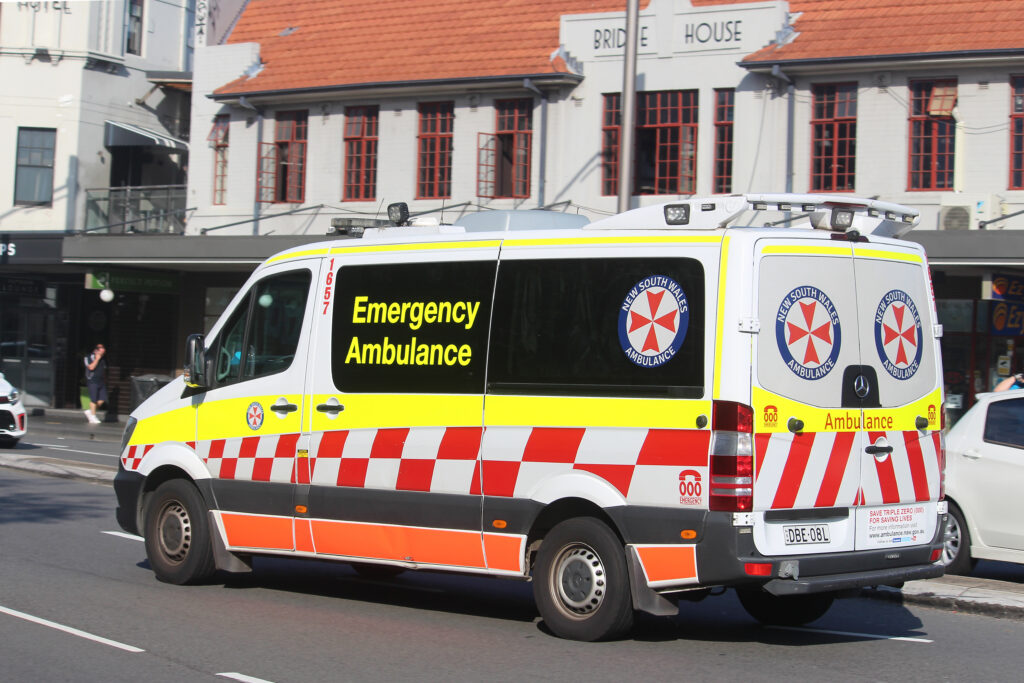Women are less comfortable calling 000 when they suspect they might be experiencing symptoms of a heart attack, possibly contributing to the worse outcomes they face compared to men, a new Monash study has found.
Monash University researchers analysed over 34,300 Australian women and men and their plan to call 000 and their actual calling of emergency services when they thought they were having a heart attack.
While women were more likely to call 000 when they were experiencing heart attack symptoms, they were much more uncomfortable about calling than men, with over a third of women saying they feared being a burden to the ambulance service. Meanwhile, only a quarter of men claimed to feel this perceived burden.
More women than men said they wanted to be sure they were experiencing a heart attack before calling, preferring to contact their own GP first.
Women were also found to be more likely to hesitate before calling 000 because they believed they were at low risk of a heart attack. The study was led by Associate Professor Kathryn Eastwood and Professor Janet Bray.
“It is widely reported that women tend to wait longer to seek medical treatment for heart attack and experience longer delays to diagnosis in hospital,” Associate Professor Eastwood said.
“One of the reasons for this delay is that women’s symptoms are often more subtle than in men, and can lead to the woman and even healthcare professionals misinterpreting them as non-cardiac.”
Associate Professor Eastwood added that previous research has shown sex-based disparities in heart attack presentations to emergency services and hospitals, and that women experience increased incidents of in-hospital complications following a heart attack.
“This survey asked what people would do if they thought they were suffering from a heart attack or had symptoms that could indicate a heart attack,” she continued. “It is very concerning that in the setting of believing they are having a heart attack, around a third of people aren’t stating that they would call 000.”
The study also found a range of characteristics that contributed to people being unwilling to call emergency services from both men and women, including language barriers, poor symptom knowledge, having cardiovascular risk factors or a lack of clarity around their health insurance status regarding emergency call outs.
Associate Professor Eastwood said that the advice she would give to patients who were unsure about whether to call is this: “Call first, and decide later’.”
“Paramedics can diagnose heart attacks and initiate treatment to resolve the heart attack and manage the symptoms prior to hospital which reduces the risk of fatal cardiac arrest,” the study wrote.
Researchers added that calling emergency services is known to lead to better and more rapid diagnosis and treatment of heart attack, which can reduce a person’s time spent in hospital recovering.
The findings from the study suggest that more education is required to improve people’s comfort with calling 000 early when they have cardiac symptoms.


